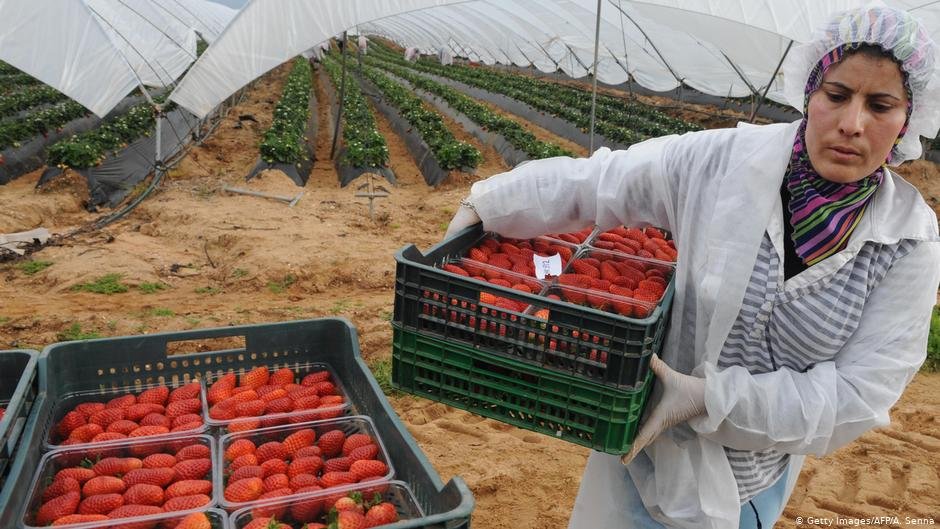Thousands of migrant fruit pickers in Huelva, southern Spain, are reportedly living and working in harsh conditions despite the country’s strong economic performance. The strawberry fields of Huelva cover an estimated 11,000 hectares, but surrounding them are about 40 chabolas — makeshift slums that house many of the seasonal workers. According to Diego Cañamero, co-founder of the Andalusian Workers’ Union (Soc-Sat), around 40% of Huelva’s 100,000 seasonal labourers are undocumented.
Without legal paperwork, these migrants cannot rent proper accommodation and are forced to live in shacks built from scraps collected at waste dumps. These shelters often lack running water and electricity, leaving workers in unsafe and unsanitary conditions. Cañamero connected reporters with a local union official, who described the scale of the problem and said he had personally been attacked for trying to organize labour rights campaigns.
The problem is not new. In 2019, the union received over 1,000 complaints about working conditions in Huelva. Six years later, many workers say nothing has improved. While some farms reportedly treat their employees well and offer fair pay, the union representative claimed that most do not. He pointed out that many labourers work long hours in intense heat with inadequate protection.
Why is this happening in a country praised for its economic progress? Spain’s GDP growth is among the strongest in Europe, and the country’s agricultural sector supplies supermarkets across the continent with fresh fruit year-round. However, critics argue that these profits come at the expense of the workers who make it possible, many of whom live in conditions unfit for human habitation.
The situation raises pressing questions about the treatment of migrant labourers in Europe’s food supply chain. Can Spain continue to celebrate its economic achievements while thousands of farm workers remain in slums without basic amenities? Labour advocates say urgent reforms are needed to ensure fair wages, proper housing, and legal protections for all workers, regardless of immigration status.
While government officials have praised the agricultural sector’s role in Spain’s growth, unions and rights groups are calling for increased inspections, stricter enforcement of labour laws, and more support for migrants. Until then, the fruit pickers of Huelva will continue to harvest crops that fill European supermarket shelves, even as they struggle to meet their most basic needs.

